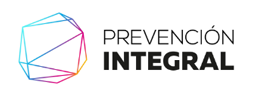

The increasingly complicated and technologically developed medical care of today is, in spite of its putative production focus, still basically a pre-industrial system. Extreme socially biased recruitment, an absolute and all-encompassing medical competence hierarchy, a strong gender segregation between medical diagnostics, nursing and caring, an underdeveloped view on patient safety in medical treatment - these are all important traits in a system not primarily built for rational production, efficiency and customer service. In Sweden between 3 000 and 4 000 annual fatalities and 25 - 40 000 severe and permanently disabling injuries due to medical mistakes turn up as a modest 1200 annual reports to the National reporting system.
In a study of the risk of care-related infections in an institution of special accommodation for the aged, journal data and participant observation showed a low level of infection risk, but the risk levels varied significantly between wards and the understanding of hygiene routines varied between staff. It is suggested that hygiene routines be taught as a technical professional skill for physicians, nurses and nursing aides alike.


